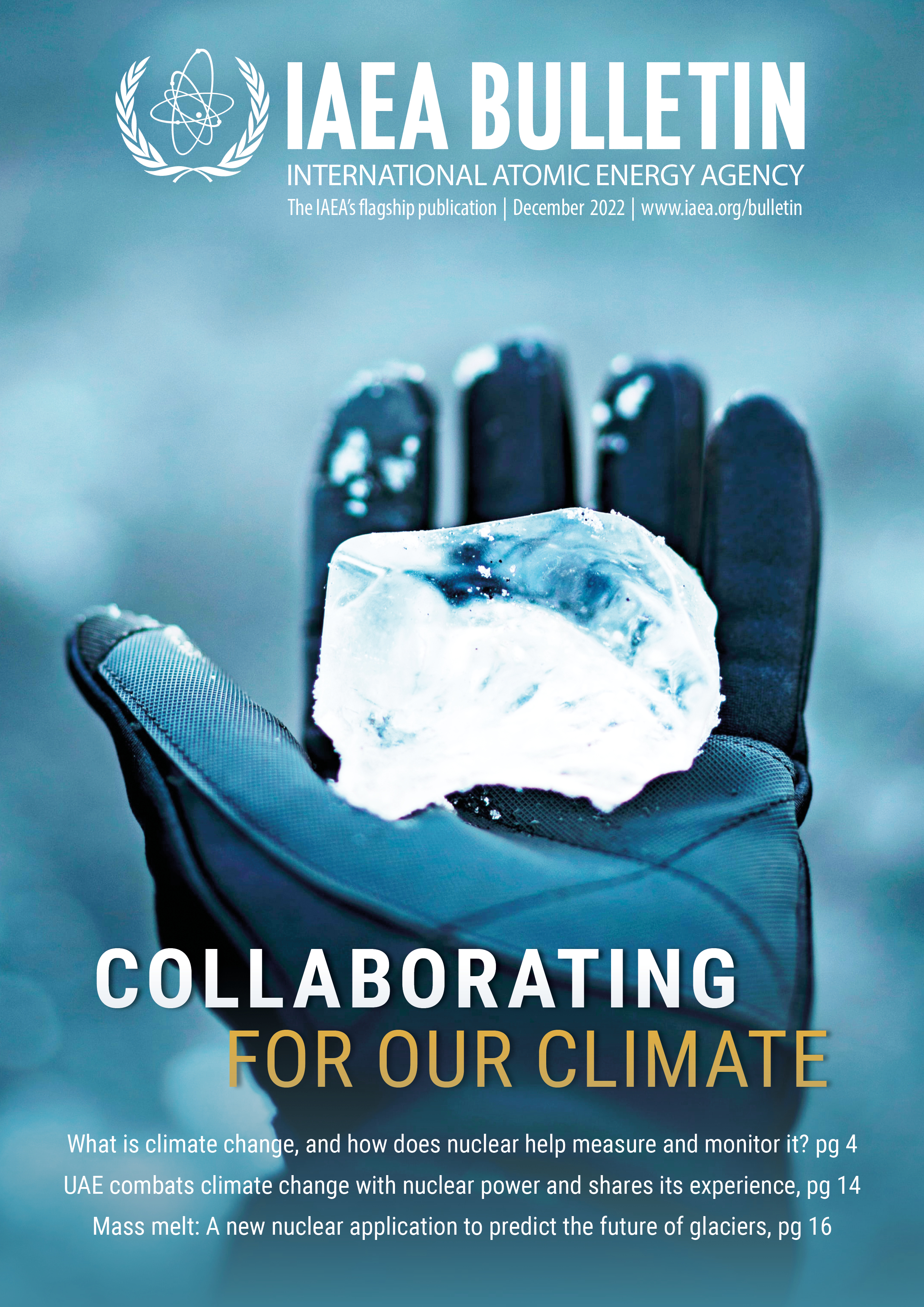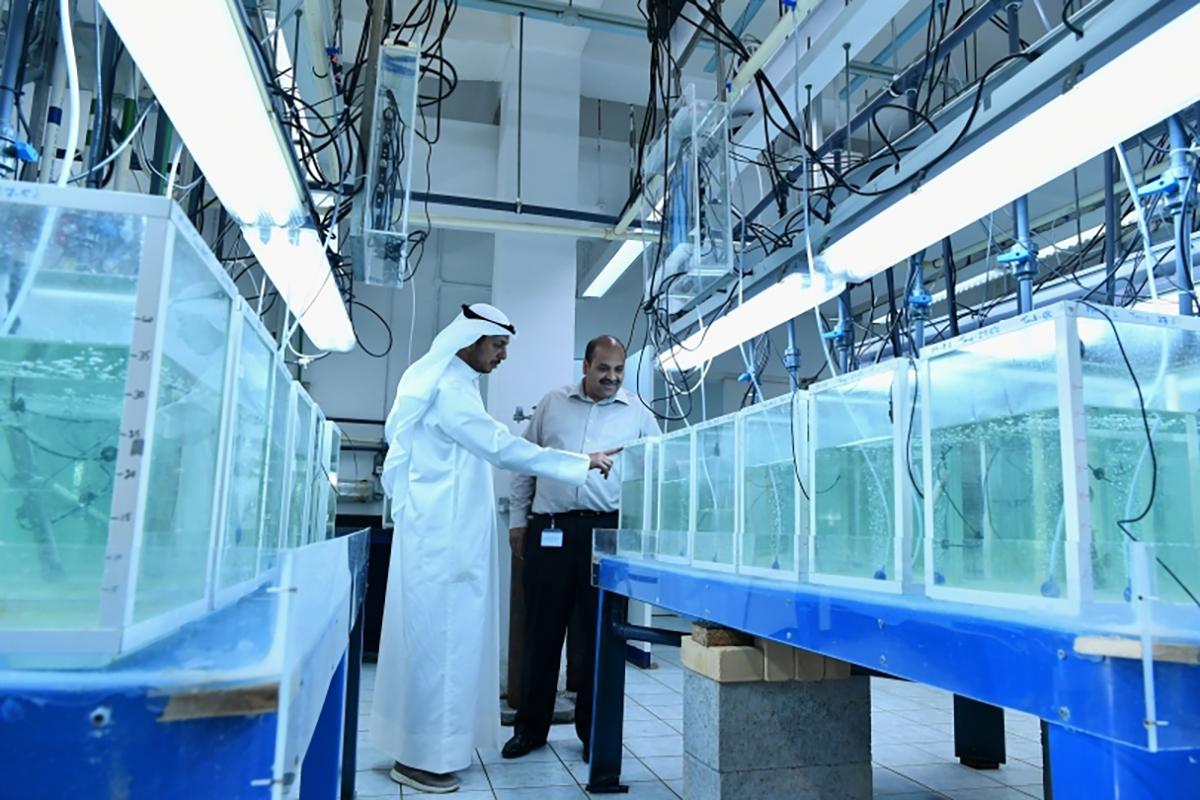Among the aromatic spices and imported fruit, seafood, such as sea bream, grouper and mullet, is on display at Souk Sharq marketplace. Here, in the heart of Kuwait City, freshly caught fish from the Arabian Gulf has been sold for decades. Like all wet markets, this timeless buyers’ and sellers’ paradise must deal with the ever-present risk of food contamination. As climate change worsens, concerns have grown about warmer, more acidic waters affecting the growth and health of fish, as well as the way pollutants affect food webs and impact seafood safety. Nuclear methods are a unique tool that researchers can use to find out if these concerns are justified.
Saif Uddin from the Kuwait Institute for Scientific Research (KISR) is one such researcher. His institute has teamed up with the IAEA to study the effects of greenhouse gas emissions and climate change — such as ocean acidification and warming waters — on marine life using nuclear techniques.
“It’s known and understood that climate change impacts marine life, but it’s not exactly clear to what extent,” said Uddin. “Studying the way certain isotopes are absorbed in animals can give us answers and help authorities better plan how to tackle potential issues.” Isotopes of a chemical element can be identified by the number of protons they have. By measuring the ratios of various isotopes of an element in a sample, researchers can study how chemicals and compounds are absorbed by an organism.


